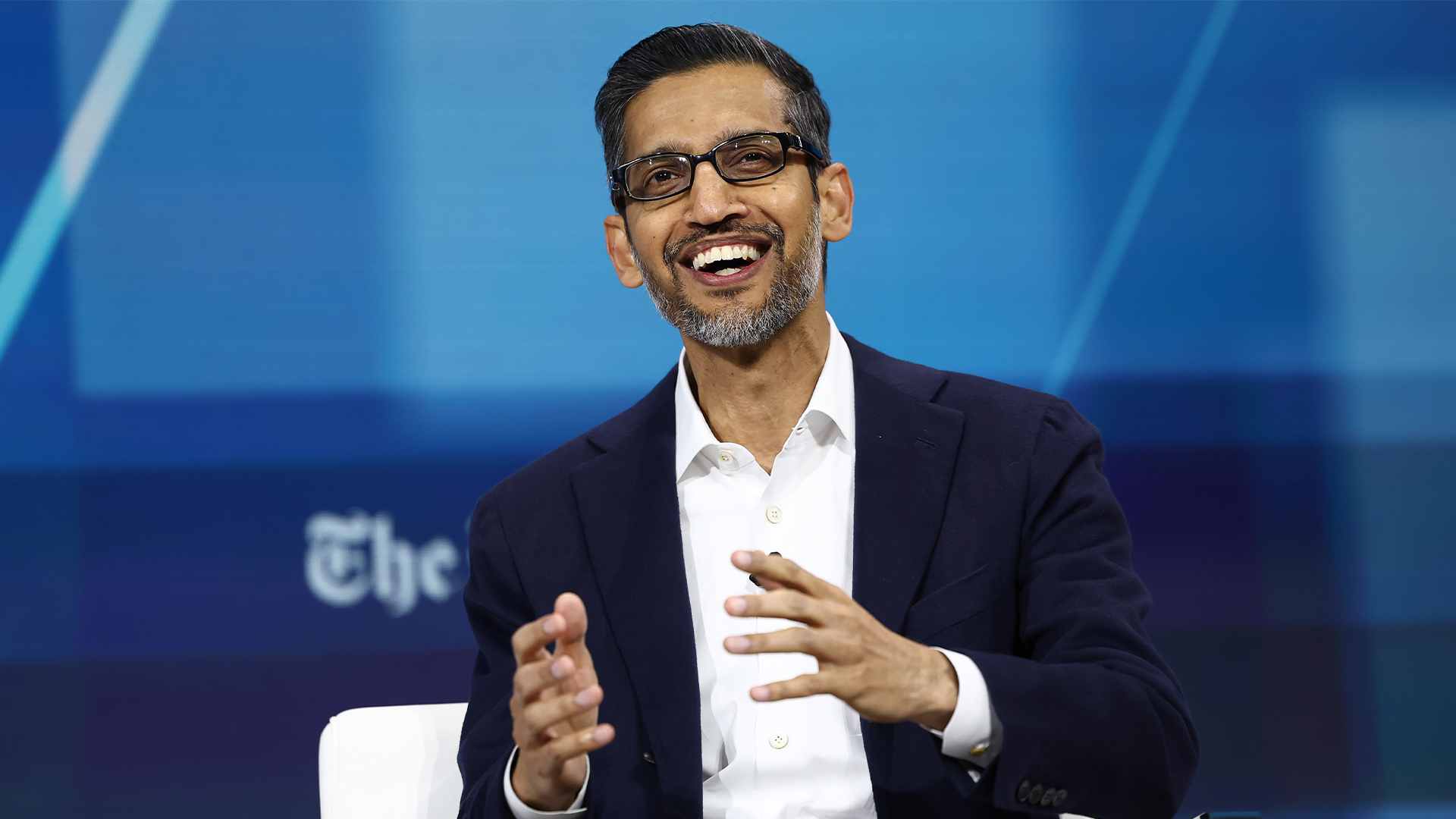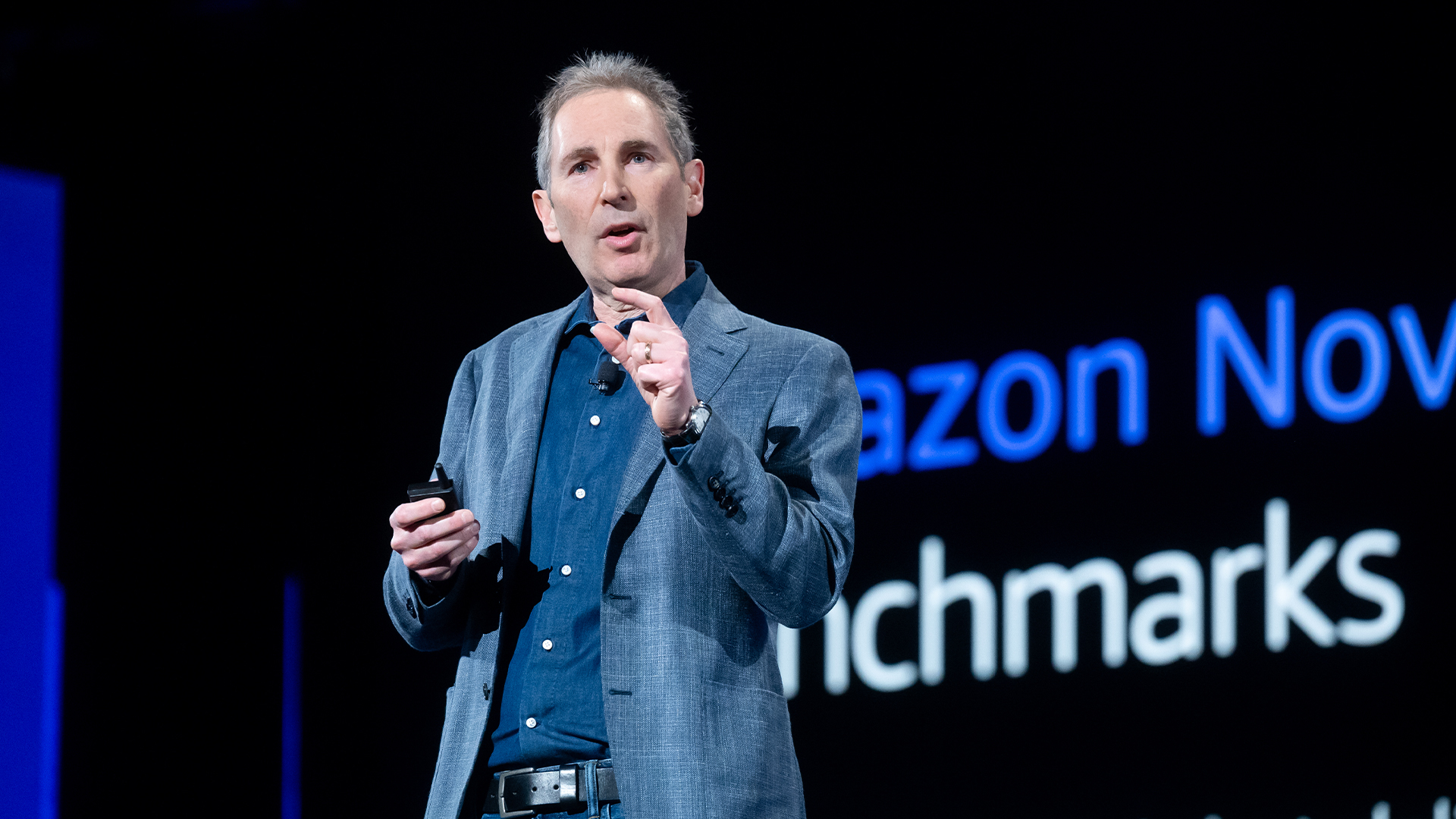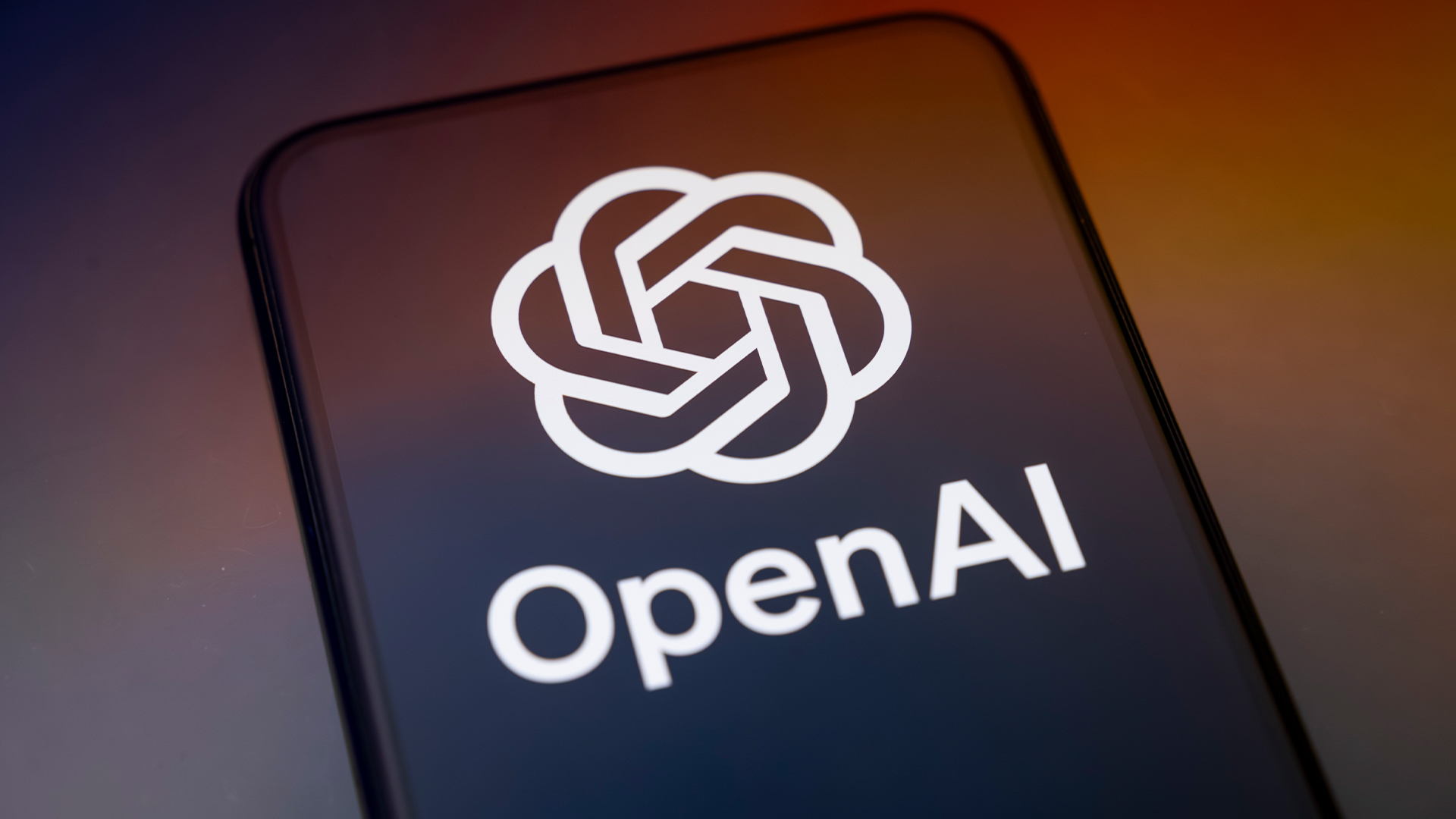OpenAI, others pushing false narratives about LLMs, says Databricks CTO
Tech giants are widely overstating AI dangers, as well as the costs of building generative AI platforms, to maintain a stranglehold on the emerging field


Sign up today and you will receive a free copy of our Future Focus 2025 report - the leading guidance on AI, cybersecurity and other IT challenges as per 700+ senior executives
You are now subscribed
Your newsletter sign-up was successful
Tech firms like OpenAI are obstructing a move to ‘democratize’ artificial intelligence (AI) by spinning false narratives, according to Databricks’ CTO Matei Zaharia.
Such narratives can include messaging around doomsday-style risks and exorbitant costs, he said, which are designed to discourage other companies from participating in generative AI development.
The pace of change within the AI industry to try and capitalize on the technology has been likened to that of when technologies like blockchain and cloud computing first came to the fore.
Many companies are seeking to make a move in the AI space, whether that be to implement the technology or work to build a generative AI system from scratch.
RELATED RESOURCE

AI and cyber security
A look ahead to how best practices in AI application capabilities will evolve
“There are definitely the larger providers, like OpenAI, Google, and so on; they have this narrative – and they’re talking in a lot of places about how – first of all, this stuff is super dangerous, not in the sense of a disruptive technology, but even in the sense of ‘it might be evil and whatever’,” Zaharia told ITPro during an interview at Databricks' Data + AI Summit 2023. “It’s very sci-fi.”
“OpenAI – that’s exactly the narrative they’re pushing – but others as well.
“Anytime someone talks about AI alignment or whatever, it’s often from this angle: Watch out, it might be evil. They’re also saying how it’s a huge amount of work to train [models]: It’s super expensive – don’t even try it.
Sign up today and you will receive a free copy of our Future Focus 2025 report - the leading guidance on AI, cybersecurity and other IT challenges as per 700+ senior executives
“I’m not sure either of those things are true.”
Zaharia cited MosaicML – the startup Databricks recently acquired for $1.3 billion – as having trained a large language model (LLM) with 30 million parameters that’s competitive with GPT-3, and “probably cost like ten to 20 times less” to train.
While some companies are hedging their bets, there are others that hope the generative AI market comprises just a handful of players, all of which believe only they can understand how to make the technology safe, he added.
The pace of change and innovation, however, defies this notion, with Zaharia impressed with how many smaller models are out there since ChatGPT launched that can rival it.
“A lot of people thought ‘wow it’ll take a long time to catch up’, and now I’ve been surprised – lots of people have been surprised – by the speed at which others have replicated some of that and even done it at a much lower cost.”
In the future, people may be surprised by how general the technology becomes the more that enterprises experiment and find new use cases for LLMs and other generative AI systems, he added.

Keumars Afifi-Sabet is a writer and editor that specialises in public sector, cyber security, and cloud computing. He first joined ITPro as a staff writer in April 2018 and eventually became its Features Editor. Although a regular contributor to other tech sites in the past, these days you will find Keumars on LiveScience, where he runs its Technology section.
-
 AI and Sustainability: The dual forces reshaping the data center ecosystem - and the channel opportunity ahead
AI and Sustainability: The dual forces reshaping the data center ecosystem - and the channel opportunity aheadIndustry Insights Data centers face power and sustainability limits, creating new opportunities for channel partners
-
 ITPro Excellence Awards winners unveiled
ITPro Excellence Awards winners unveiledIt's time to celebrate excellence in IT. Read on for the full list of winners...
-
 ‘The fastest adoption of any model in our history’: Sundar Pichai hails AI gains as Google Cloud growth, Gemini popularity surges
‘The fastest adoption of any model in our history’: Sundar Pichai hails AI gains as Google Cloud growth, Gemini popularity surgesNews The company’s cloud unit beat Wall Street expectations as it continues to play a key role in driving AI adoption
-
 OpenAI's Codex app is now available on macOS – and it’s free for some ChatGPT users for a limited time
OpenAI's Codex app is now available on macOS – and it’s free for some ChatGPT users for a limited timeNews OpenAI has rolled out the macOS app to help developers make more use of Codex in their work
-
 Amazon’s rumored OpenAI investment points to a “lack of confidence” in Nova model range
Amazon’s rumored OpenAI investment points to a “lack of confidence” in Nova model rangeNews The hyperscaler is among a number of firms targeting investment in the company
-
 OpenAI admits 'losing access to GPT‑4o will feel frustrating' for users – the company is pushing ahead with retirement plans anway
OpenAI admits 'losing access to GPT‑4o will feel frustrating' for users – the company is pushing ahead with retirement plans anwayNews OpenAI has confirmed plans to retire its popular GPT-4o model in February, citing increased uptake of its newer GPT-5 model range.
-
 ‘In the model race, it still trails’: Meta’s huge AI spending plans show it’s struggling to keep pace with OpenAI and Google – Mark Zuckerberg thinks the launch of agents that ‘really work’ will be the key
‘In the model race, it still trails’: Meta’s huge AI spending plans show it’s struggling to keep pace with OpenAI and Google – Mark Zuckerberg thinks the launch of agents that ‘really work’ will be the keyNews Meta CEO Mark Zuckerberg promises new models this year "will be good" as the tech giant looks to catch up in the AI race
-
 DeepSeek rocked Silicon Valley in January 2025 – one year on it looks set to shake things up again with a powerful new model release
DeepSeek rocked Silicon Valley in January 2025 – one year on it looks set to shake things up again with a powerful new model releaseAnalysis The Chinese AI company sent Silicon Valley into meltdown last year and it could rock the boat again with an upcoming model
-
 Google’s Apple deal is a major seal of approval for Gemini – and a sure sign it's beginning to pull ahead of OpenAI in the AI race
Google’s Apple deal is a major seal of approval for Gemini – and a sure sign it's beginning to pull ahead of OpenAI in the AI raceAnalysis Apple opting for Google's models to underpin Siri and Apple Intelligence is a major seal of approval for the tech giant's Gemini range – and a sure sign it's pulling ahead in the AI race.
-
 OpenAI says prompt injection attacks are a serious threat for AI browsers – and it’s a problem that’s ‘unlikely to ever be fully solved'
OpenAI says prompt injection attacks are a serious threat for AI browsers – and it’s a problem that’s ‘unlikely to ever be fully solved'News OpenAI details efforts to protect ChatGPT Atlas against prompt injection attacks